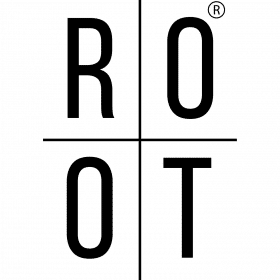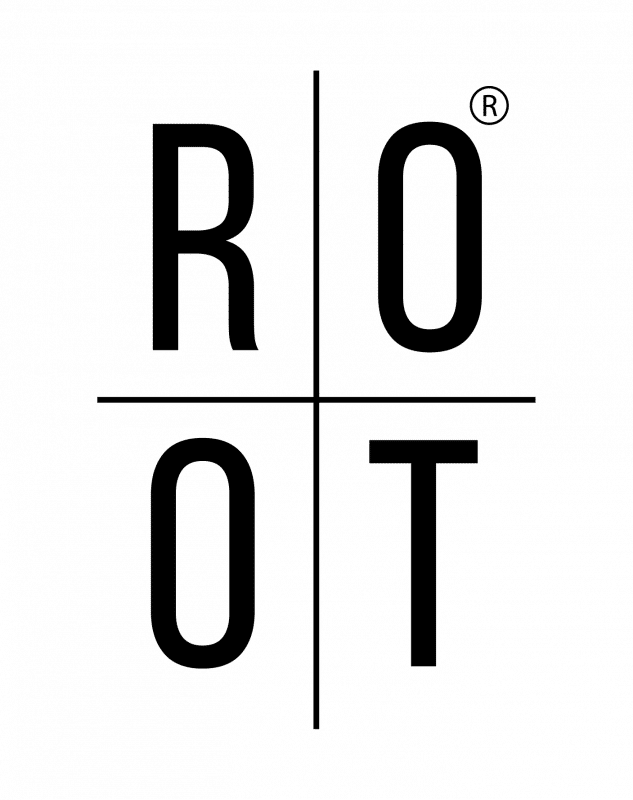DNA Test for Nutrient Deficiency
Have you ever wondered what part our genetic makeup plays in how our bodies process and absorb nutrients from the food we eat? A nutrition DNA test can give you that information.
You might be eating enough food but not getting the “reward” for it in ultimate health since some bodies need more or less of some specific nutrients. A good example of this would be something like “Maple Syrup Disease,” where the urine takes on a sweet, maple-syrup-like smell. These people usually function better on a diet that is lower in protein, as a high protein intake can cause ADHD, depression, insomnia, and even Dementia.
Genetics influence the way you prioritize getting essential vitamins and minerals, like vitamin D, folate, vitamin C, and vitamin B12. By understanding these genetic factors, we can adjust how we eat and what supplements we might need to better meet our body’s specific needs and prevent deficiencies.
What are the Symptoms of Vitamin Deficiency?
Vitamin deficiencies might not be so easy to spot and can cause various symptoms that might be overlooked or mistaken for other health issues. Let’s talk about some common symptoms you might experience if you’re vitamin deficient.
- Fatigue: Feeling a pervasive sense of tiredness, even though you’re getting plenty of sleep, is one of the earliest signs that you might lack essential nutrients.
- Shortness of Breath: If you’re not getting enough vitamins, especially iron (which is essential for transporting oxygen through the blood), you might find yourself having difficulty breathing even from just mild exertion.
- Dizziness: Feeling dizzy or lightheaded can be a sign that your body isn’t getting enough vitamins, particularly B vitamins.
- Pale or Yellowish Skin: Skin health can be an important sign of our overall health. Pale skin might indicate that you’re iron deficient, while yellowish skin can show that you lack B12 vitamins.
- Irregular Heartbeats: When you’re low on certain nutrients, like potassium or magnesium, your cardiovascular health can be affected, and your body might struggle to keep a regular heartbeat.
- Weight Loss: If your body is not absorbing nutrients properly, you might lose weight unexpectedly. Some people might find this a welcome symptom, but it can also be a sign that your body isn’t getting what it needs.
- Numbness or Tingling: Feelings of tingling or numbness in the hands and feet can be a sign that you might not be getting enough B vitamins, like B12, which is vital for nerve function.
- Muscle Weakness: Muscle weakness can be a symptom of insufficient Vitamin D, potassium, or magnesium.
- Personality Changes: Lacking enough vitamins can also impact your mood and behavior, causing mood swings or irritability.
- Unsteady Movements: You might be unsteady or have difficulty balancing if your body is low on the essential vitamins that help keep the brain healthy, like Omega 3s and Vitamin D.
- Mental Confusion or Forgetfulness: Trouble remembering or difficulty focusing can be caused by a lack of certain nutrients like B vitamins.
- Decreased Immunity: If you find yourself catching colds more easily than usual, it might be due to a lack of vitamins that support immune function.
Paying attention to these symptoms can help determine whether you need a DNA test for nutrient deficiencies to determine what vitamins and minerals you might be lacking.
What is a Nutrition DNA Test?
A nutrition DNA test is also called a nutrigenomics test. These tests look at your DNA to see how your body responds and might deal with different vitamins and minerals. These tests are often done using a saliva sample to look at specific genes that can affect how you process foods like fats, proteins, and carbs. When you learn more about these traits, you can work to change your diet to fit these genetic variants, improve your health, and manage your weight more effectively.
What Vitamins and Minerals Are Analyzed in a Nutrition DNA Test?
A nutrition DNA test provides valuable insights into how your body handles various essential vitamins and minerals. Here’s a look at what the test commonly examines:
Vitamin D Deficiency
Vitamin D is one of the vitamins analyzed in this test. It can help you learn if your genetic makeup affects how your body transports and stores vitamin D. Understanding your genetic predisposition to this vitamin deficiency is important because vitamin D metabolism plays a role in bone health, immune function, and regulating inflammation.
Folate (B9) Deficiency
This type of test also analyzes folate and checks if you have genetic variations that might increase your risk of folate deficiency. Since folate is vital for helping your cells divide and the production of DNA, a deficiency can lead to health issues like anemia and, in pregnant women, neural tube defects in babies.
Vitamin C Deficiency
The nutrition DNA test identifies if your genes might limit your body’s ability to synthesize and utilize vitamin C. Vitamin C is also known, scientifically, as ascorbic acid. This vitamin is important for the growth, development, and repair of the tissues within our bodies. Vitamin C is vital in many of our body’s functions, like producing collagen, absorbing iron, a functioning immune system, helping to heal wounds, and maintaining the health of bones, teeth, and cartilage.
Vitamin B12 Deficiency
This test can also show you whether your body is likely to carry and absorb vitamin B12 well. Vitamin B12 is a nutrient that your body can’t make on its own but is important for the health of your nerve tissue, brain function, and the production of red blood cells. You can usually get this vitamin by eating meat, fish, and dairy products, but certain genetic factors can impact B12 absorption, so you may also need to take supplements if you’re B12 deficient.
Conclusion
When you learn more about the information from nutrition DNA test results, you can work toward creating a better approach to your health and nutrition. By understanding how your unique genetic factors might influence how your body processes nutrients, you can create a diet that meets your specific needs.




 What is ROOT Prime and what are its Benefits?
What is ROOT Prime and what are its Benefits?